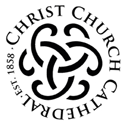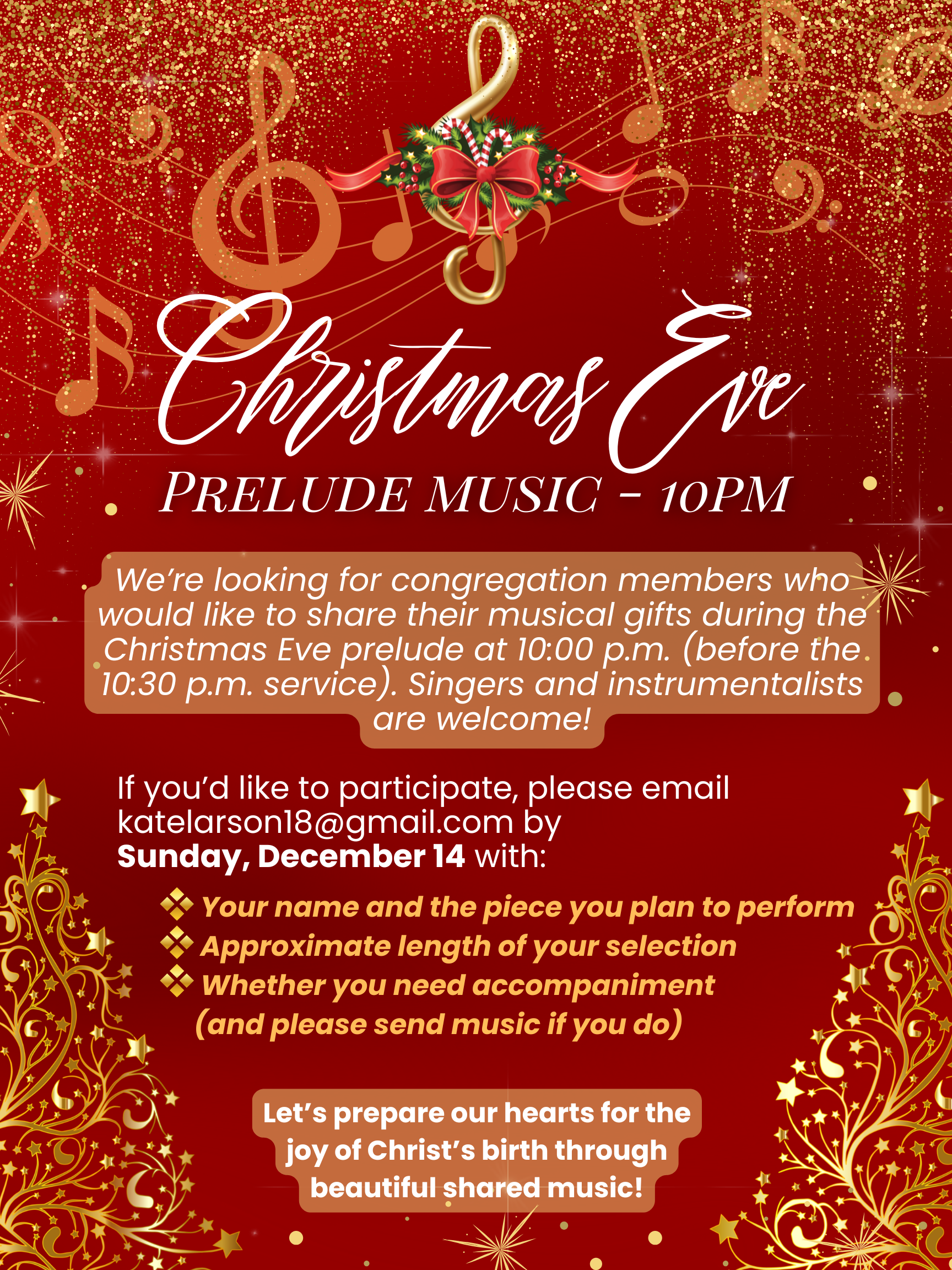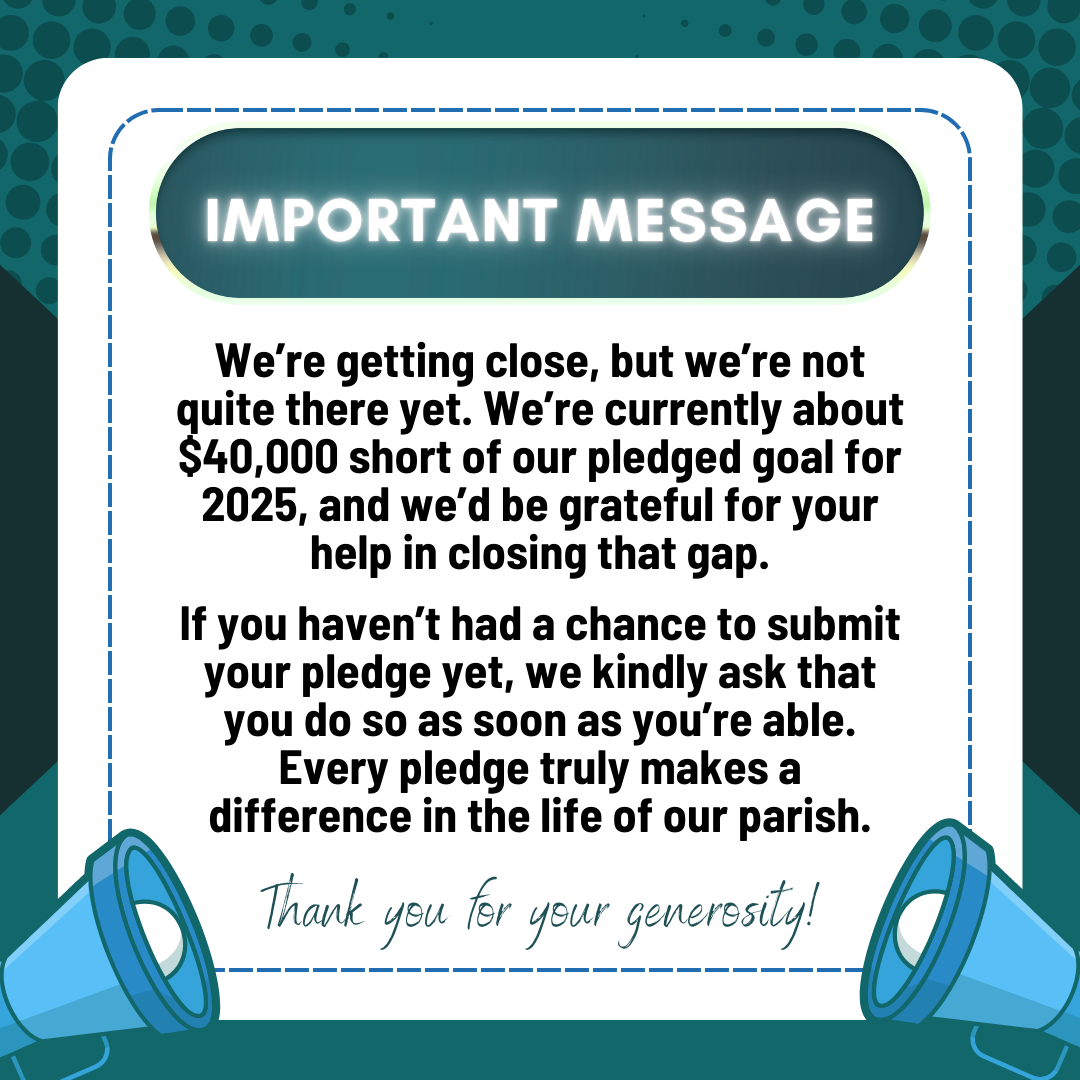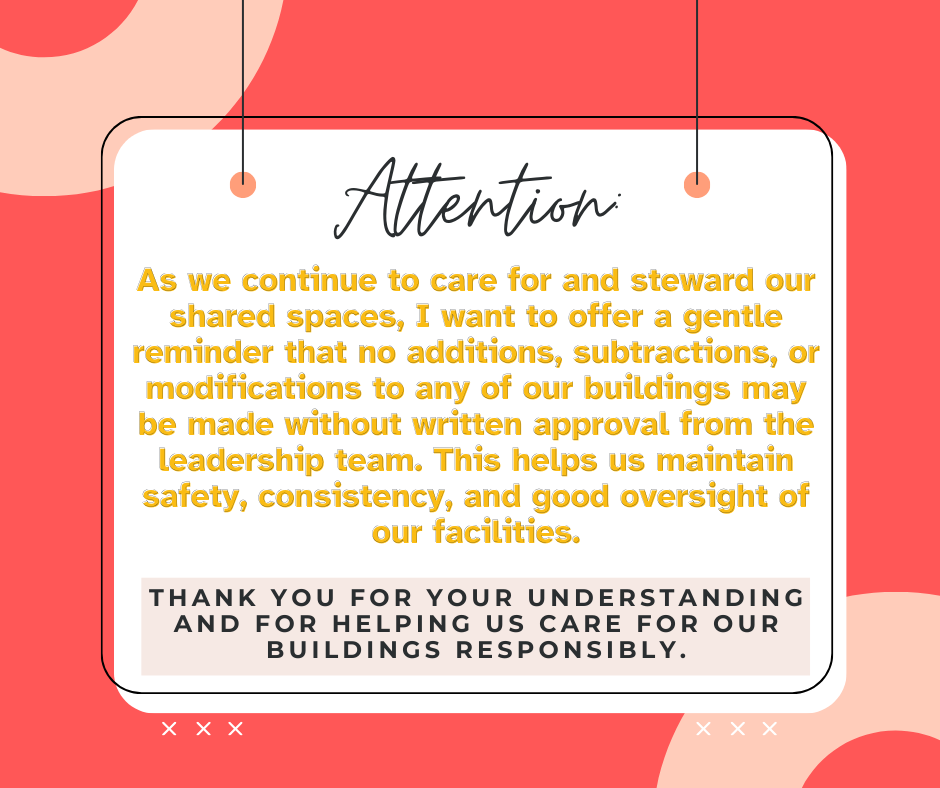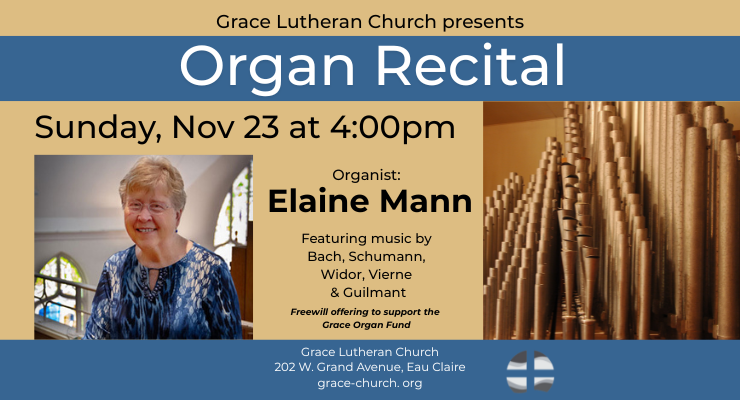News
Advent: A Time of Expectation and Hope in the Episcopal Tradition
As we enter the season of Advent, the Episcopal Church invites us to embrace a time of waiting, hope, and preparation. Derived from the Latin word adventus, meaning “coming,” Advent is a season to prepare our hearts for the birth of Christ at Christmas and to anticipate His return in glory. It’s a time to slow down, reflect, and deepen our spiritual lives in a world that often rushes forward.
The Episcopal Church offers resources to help us live into this season with intention. Here are some highlights for Advent 2024:
Devotional and Educational Materials:
1.Journeying the Way of Love: Advent Curriculum and Calendar
These resources explore the first chapters of Luke’s Gospel and offer daily practices for engaging with the Way of Love: turn, learn, pray, worship, bless, go, and rest. Perfect for individuals, families, or small groups, they are available in English, Spanish, and French.
2.Living Well Through Advent 2024
This daily devotional focuses on the theme “Practicing Peace With All Your Heart, Soul, Strength, and Mind”. Available as a free PDF download, daily email, or printed booklet, it includes Spanish versions as well.
3.Forward Movement Advent Resources
Forward Movement provides materials such as Jay Sidebotham’s Advent calendar and other devotionals to support your spiritual journey.
4.Advent Word
Join a global community in daily prayer and reflection through this online Advent calendar inspired by lectionary readings. Each day features a new word to meditate on and share with others.
5.Advent and Christmas Digital Invitation Kit
For those seeking to share the spirit of Advent with others, this kit offers printable and digital resources to promote special events and services. Materials are available in English, Spanish, and French.
Living the Advent Tradition
Advent calls us to a holy pause—a time to listen for God’s voice amid the busyness. Through practices like lighting the Advent wreath, praying the collects, and engaging with Scripture, we root ourselves in the ancient promises of God while preparing for Christ’s light to break into our lives anew.
This season is not just about personal reflection but also about preparing our communities to receive Christ. How can we extend the hope, peace, joy, and love of Advent to those who need it most? As Episcopalians, our liturgies and traditions guide us to hold space for both longing and praise, teaching us to live in the tension of the “already and not yet.”
Advent is a gift—a holy invitation to prepare, reflect, and embrace hope. May this season draw us closer to God and one another as we await the coming of Emmanuel: God with us.
Service Schedule
Sunday
Rite II with Eucharist service – 9:00 AM;
In person, Zoom and Facebook live.
Click here to join Sunday morning Zoom service
Holy Days – Eucharist as announced in the Weekly Update
